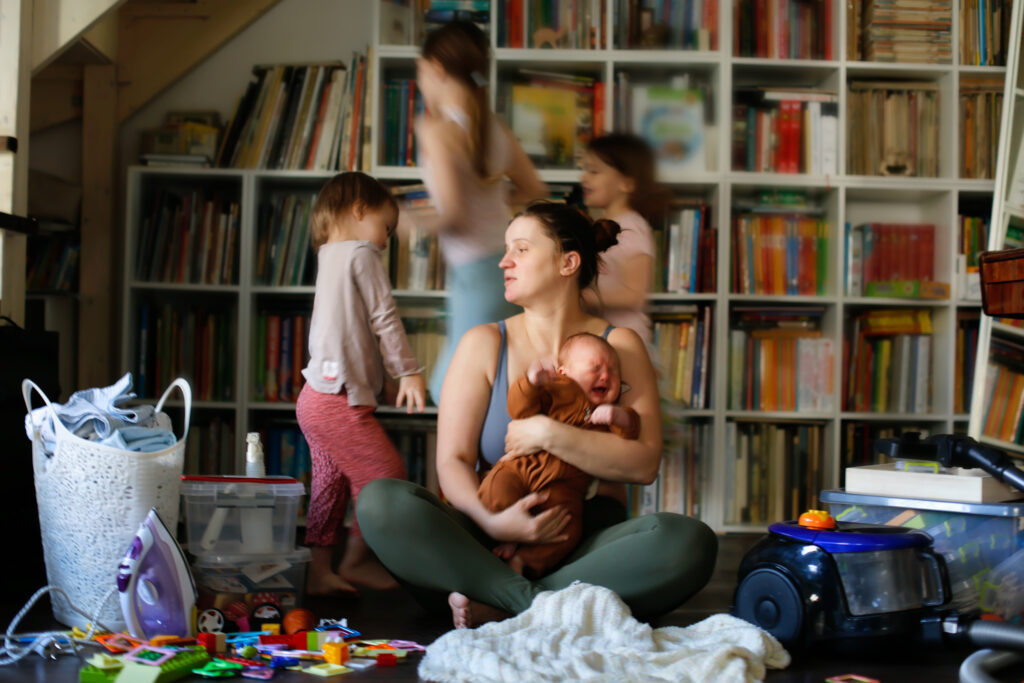
Are You Experiencing Postpartum Depression?
This post on postpartum is written by Agata Kopacz
Postpartum can be an extremely challenging period in a woman’s life
Pregnancy, childbirth, and parenthood are significant transitions that occur in a woman’s life. The birth of a child marks the start of the postpartum period, which lasts up to 12 months post-delivery. That 12-month period is a demanding and stressful period in a woman’s life; characterized by a range of biological, psychological, and social changes. Postpartum is a time of heightened susceptibility, which might lead to the emergence of mental health issues like anxiety or depression.
As a result, navigating an influx of new responsibilities presents a wide range of challenges for new mothers. As an example, new mothers may experience challenges with nursing, which in turn may influence the development of the mother-child connection. Frequent nighttime feedings can be physically taxing and cause fatigue and a decline in functional status.
The responsibilities of raising a newborn might make it difficult for women to spend time with their friends and family and reduce the amount of time they have available for enjoyable activities. Knowing this, the transition to parenthood has a long-lasting impact on relationship functioning as partners spend less quality time together and spend more time juggling a large amount of new responsibilities.
Further, women can also experience changes in sexual functioning. This can lead to impairments in their overall quality of life.
Becoming a parent can be the most joyous and fulfilling time in a woman’s life. However, it is a transformational life experience that can significantly change a woman’s functioning across different life domains.
If you are experiencing any of the following, ask for help

- You have mixed feelings about being a parent
- You are not feeling connected to the baby
- You find yourself crying a lot
- You experience changes in your appetite or sleep
- You feel sad, guilty, overwhelmed, anxious, hopeless
- You quickly go from happy to sad and back again
- You have strong feelings about how you look
- You lose interest or pleasure in activities that you used to enjoy
- You experience headaches, aches, and pains that don’t go away
Remember, your body has been through a lot and bringing a baby home is an adjustment!
These are simple self-care tips for new moms:

- Eat regularly
- Drink plenty of fluids
- Take your supplements
- Take a shower
- Put fresh clothes on every day
- Make sure to Rest
- Ask for help and allow others to help
- Stay active
- Talk to someone you can trust about how you feel
- Engage in journaling
- Practice relaxation
- Say “no” to tasks that are not urgent
- Spend time with your partner
- Stay connected with people who are important to you
- Practice “my time” where you engage in something that you enjoy every day
- Meet other moms
Check out our other popular blog posts:
